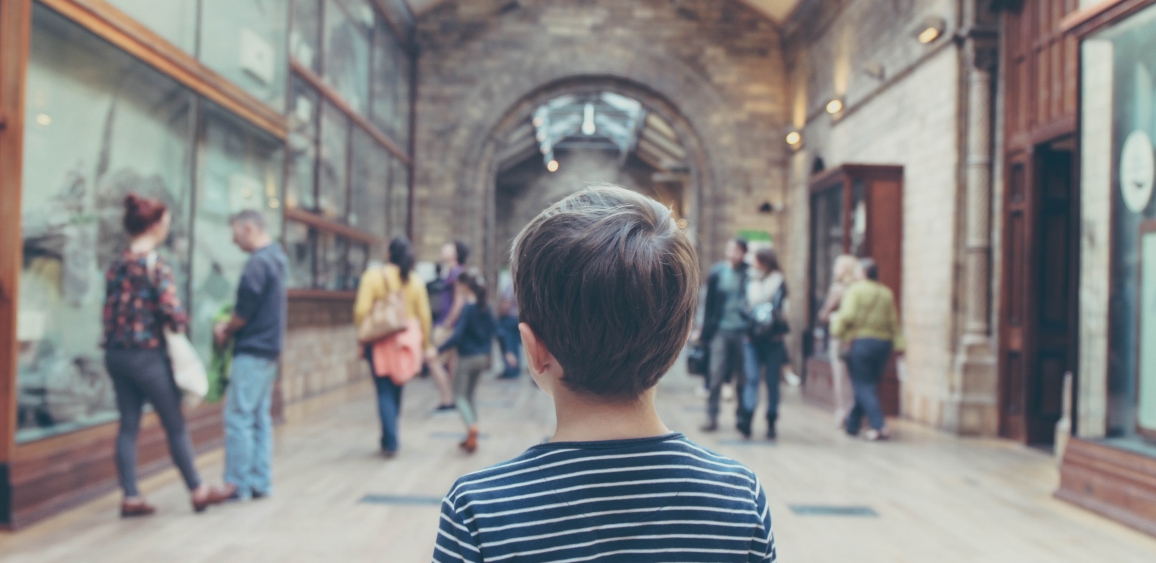Vittoria Crisostomi, Vittorio Salmoni, INU- URBIT
The places of Culture, especially in the post-Covid era, represent one of the crucial factors of the economy of a city, laboratories of ideas, centers of attraction, comparison, dissemination, socialization. The most important Italian cities have redesigned and regenerated entire areas around a museum or a cultural foundation. The villages of the inland areas bet on cultural places and digital technologies to structure their future. Today, the urban and territorial role of cultural spaces is expanding and diversifying to the point of assuming completely unexpected characteristics. It happens that they concentrate heterogeneous functions that generate multidisciplinary systems capable of catching different cultural, educational, artistic and experiential needs.
The cases proposed by the lecturers will show experiences of elaboration and reorganization of cultural spaces already underway, also taking into account the structural transformations imposed by the measures to fight the pandemic, which characterize this new important phase of recovery. The cases are chosen from a wide range, including international ones. We do not want to limit ourselves to a collection of cases: the aim is to offer administrations, local communities and cultural operators material to elaborate new models and urban policies.
New possible approaches are proposed. Cities of art and places of culture are thus transformed from commodities to drivers of regeneration and actors of new convenient forms of market. It follows the conviction that a transition towards greater cognitive accessibility, a rooting in daily life, a convenient connection between market and culture is realistic.
PROGRAMME
Introduction:
Vittorio Salmoni, INU – URBIT
Lecturers:
Enrico Vicenti, Secretary General of the UNESCO National Commission
“The Ancient Appia Archaeological Park: a complicated history and a new dialogue with the territory”
Simone Quilici, Director of the Ancient Appia Archaeological Park
“Digital art and culture for urban regeneration”
Maria Grazia Mattei, Presidente MEET – Digital Culture Center
“Modena: Artificial intelligence for cultural places”
Andrea Bortolamasi, Councillor for Culture, Modena Municipality
Daniele Francesconi, Director Philosophy Festival
“The Mysterious Baths”
Andreè Ruth Shammah, Franco Parenti Theater
“Tourism when the market prevails over culture. Post Covid and possible alternatives”
Sara Gainsforth, Independent researcher and journalist
“Art and urban regeneration”
Ester Coen, Historian and art critic
“Art Foundations for the city”
Paolo Naldini, Director Cittadellarte Pistoletto Foundation
Laura Barreca, Art Historian
Michele Cerruti But, Urban Planner
“PNRR (Italian Recovery and Resilience Plan): culture, tourism and urban regeneration, small actions and cumulative effects to regenerate cities of art”
Vittoria Crisostomi, INU – URBIT
Conclusions:
Onofrio Cutaia, General Director Contemporary Creativity MIC
Lucio Argano, President of the Superior Council of Entertainment MIC
Italiano

Contributions